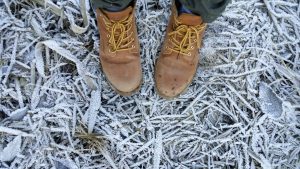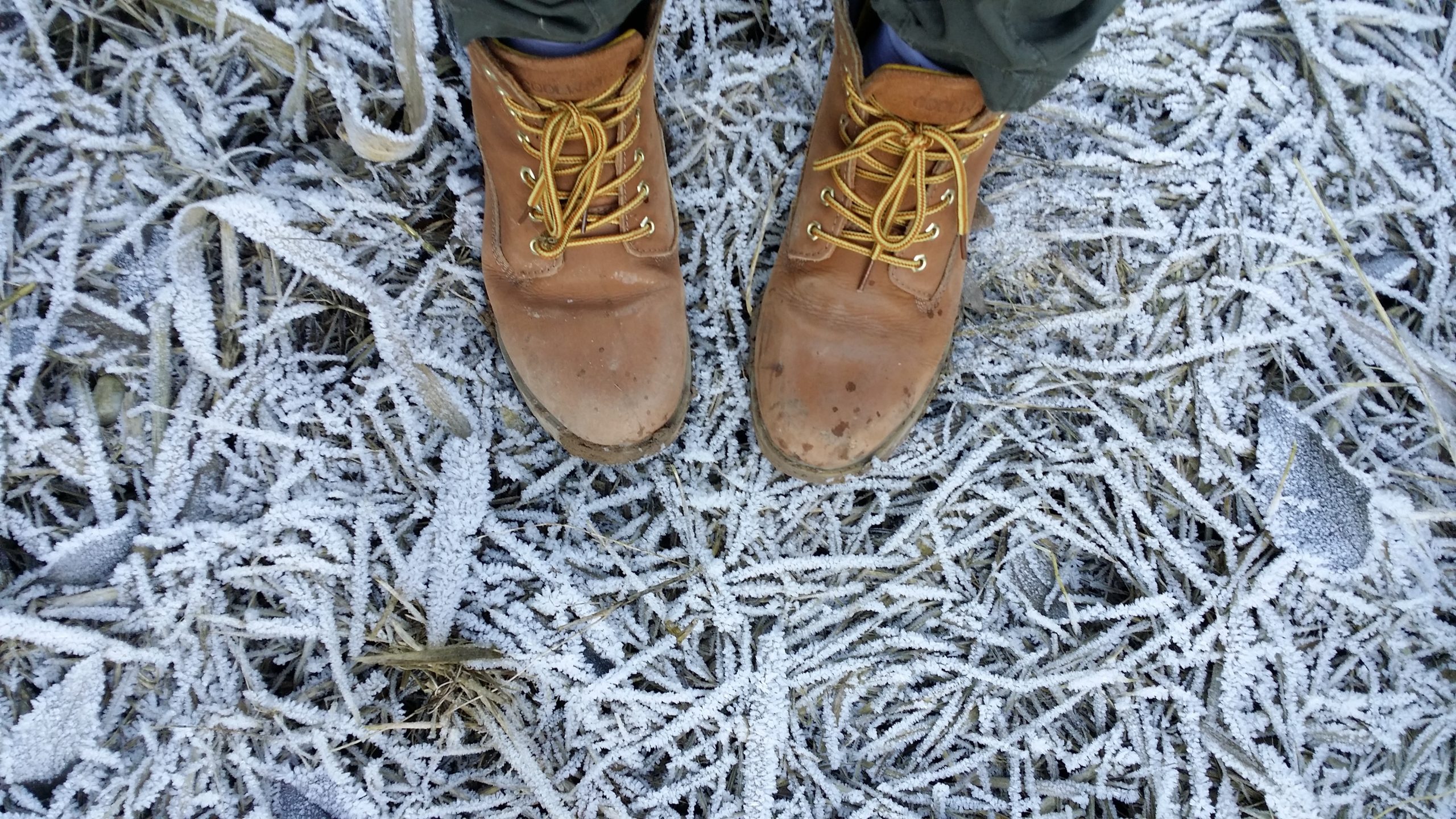 There are hazards at every construction site, no matter the time of day or year. But winter is coming and the majority of construction work takes place outside, so employees need to be prepared to handle various cold weather elements in order to stay safe.
There are hazards at every construction site, no matter the time of day or year. But winter is coming and the majority of construction work takes place outside, so employees need to be prepared to handle various cold weather elements in order to stay safe.
Limit exposure. Make sure employees aren’t out in unfavorable weather conditions for long periods of time. Working all day in the snow and freezing temperatures greatly increase the risk of stress, hypothermia, and other cold-related illnesses. Outside work should be done in shorter increments and during the warmest part of the day.
Avoid caffeine. Coffee and other forms of caffeine can increase your heart rate, making you feel warmer than you actually are. Stick with water, juice, or sports drinks.
Wear proper protective gear. In addition to normal personal protective equipment required on a job site, there is other gear workers can put on to protect themselves from the elements. This includes steel-toed boots or non-slip shoes, warm gloves, heavy coats, hats, thermal clothing, wool socks, and more. Layers are encouraged.
Have a warm area for breaks. Employees should have a warm area to go for breaks and between shifts. Whether it’s in an office, a heated trailer, or an area with portable heaters, there should be a place to warm up and dry off any clothes that may have gotten wet or damp.
Watch the weather. Nobody wants to be stuck outside in a blizzard or working when there are dangerously cold temperatures present. Everyone should keep an eye on the weather forecast for the day to prepare for possible alternative work solutions in case of problems.
Check the site for hazards. In adverse weather, hazards can pop up overnight. Snow and/or ice can accumulate when the job site is empty, so supervisors should evaluate the area to make sure it’s safe to work. Remove any hazards and spread sand or salt on slippery areas.
Winter illness education. Workers should know the signs of hypothermia and frostbite in case someone falls victim. Recognize the signs and symptoms and call for help right away. Avoid these illnesses by moving arms and legs often, do small exercises to keep the blood flowing, and avoid overexertion since cold weather can put strain on the heart. Look out for slurred speech and uncontrolled shivering.
Stranded car education. Accidents in the winter months are common, as cars and trucks can easily swerve on snowy and icy roadways. Make sure employees have proper gear in their car and know what to do if they become stranded. Keep a blanket, flashlight, water, non-perishable food, an ice scraper, jumper cables, and other winter gear in a safe place.
Luckily, OSHA has a cold stress card you can keep with you or on site for quick reference.






